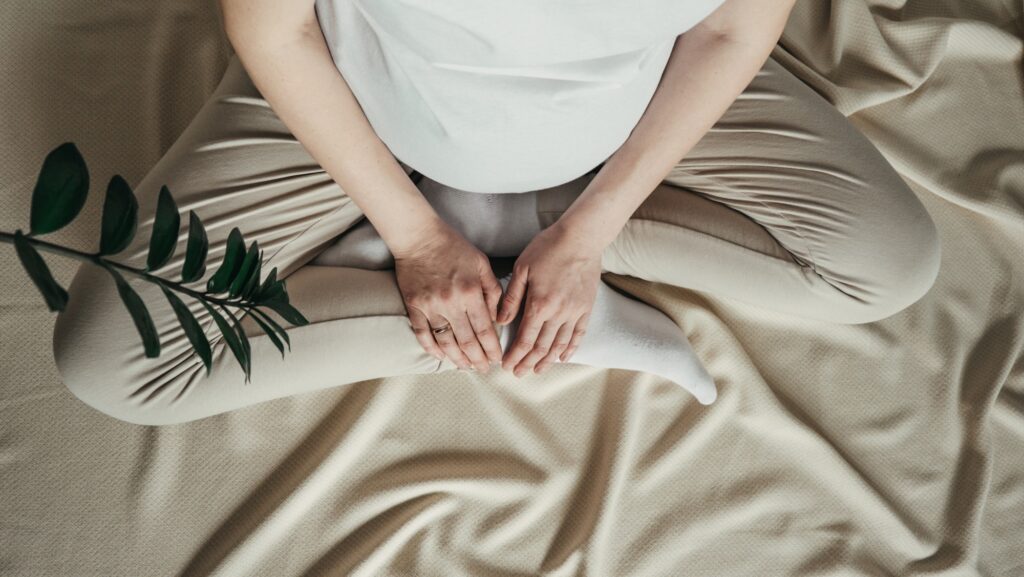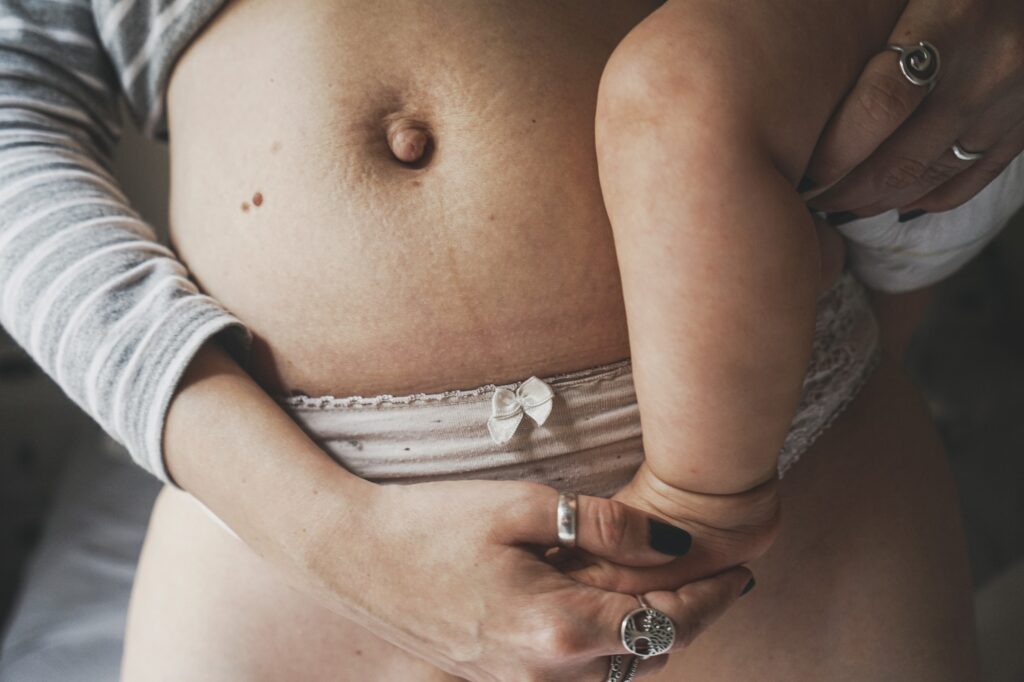Lichen sclerosus is a rare skin condition. It typically affects the pelvic area (genital or anal areas) but may also be found on the upper body, breasts or upper arms. The condition may result in white spots or patches that can be painful or itchy and may develop into blisters or scars. While it is most common in older postmenopausal women, it can happen to any gender at any age. In women, the scarring can cause fusion of the lips of the labia, narrowing of the vaginal opening or adhesion to the clitoris. This can lead to painful sex and even pain from contact with underwear.
According to the National Institutes of Health (NIH), there is no exact known cause of this skin condition. Some possible causes are:
- an overactive immune system
- hormone dysfunction
- a previous injury or trauma to the skin
- possible genetic link
It is important to note that the condition is NOT passed on to another person via direct contact.
The most common treatment of lichen sclerosus is the use of topical creams. This is typically prescribed by a dermatologist. An organization that systematically reviews research related to human health care and policy, Cochrane, performed a review of lichen sclerosus in 2011. The review found that the creams shown to be most effective were clobetasol (steroid), mometasone (steroid) and pimecrolimus (steroid free). If the scarring is severe, surgical intervention may be required.
As a doctor of physical therapy, I assess the skin and tissues of the pelvic floor including, the vulva and introitus (the vaginal opening). I am looking for tissues that look irritated, red, scarred or dry. I am also assessing for tissue healing after surgical management of a childbirth injury. I wear a head lamp so that I can actually see what I am looking at. This will ensure that I can identify any skin conditions that may need a referral to a dermatologist or other medical provider.
For more basic information regarding lichen sclerosus and the management of this skin condition check out the International Society for the Study of Vulvovaginal Disease (ISSVD).
Once the condition is managed, pelvic floor therapy can help restore the soft tissue, muscles and nerves so they are pain free and working as they should. For more information about treatment, contact Thrive Pelvic Health.






